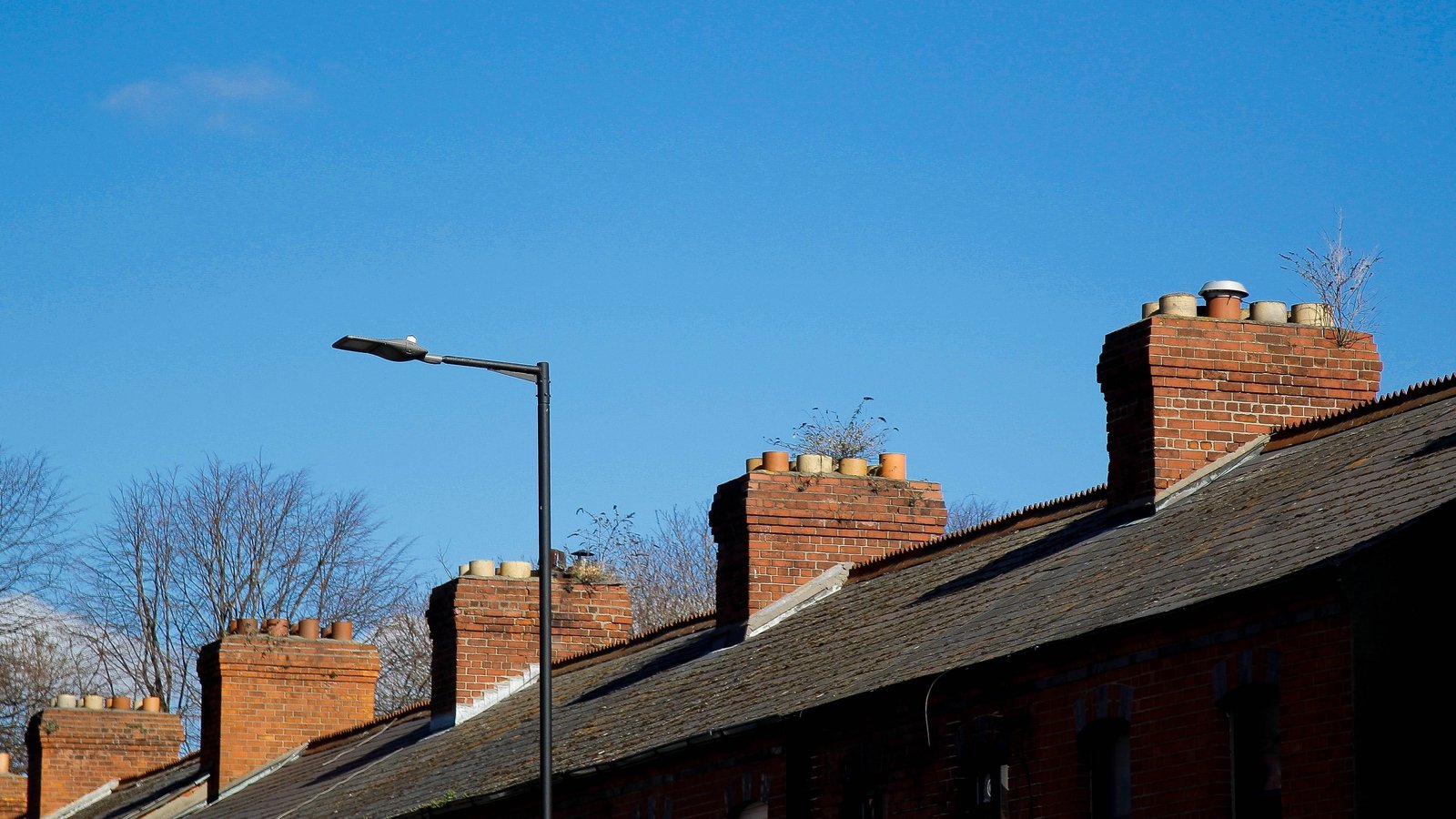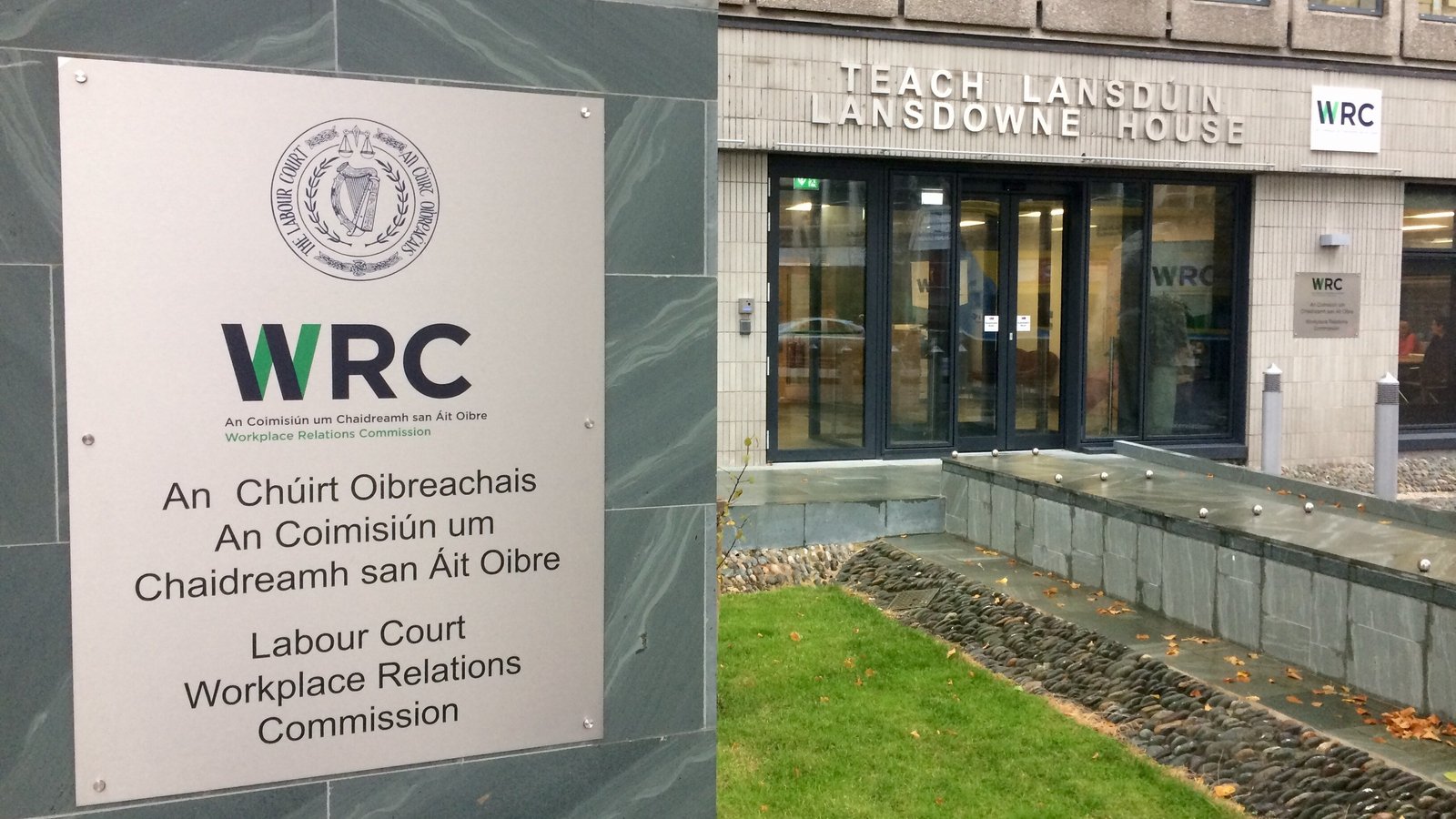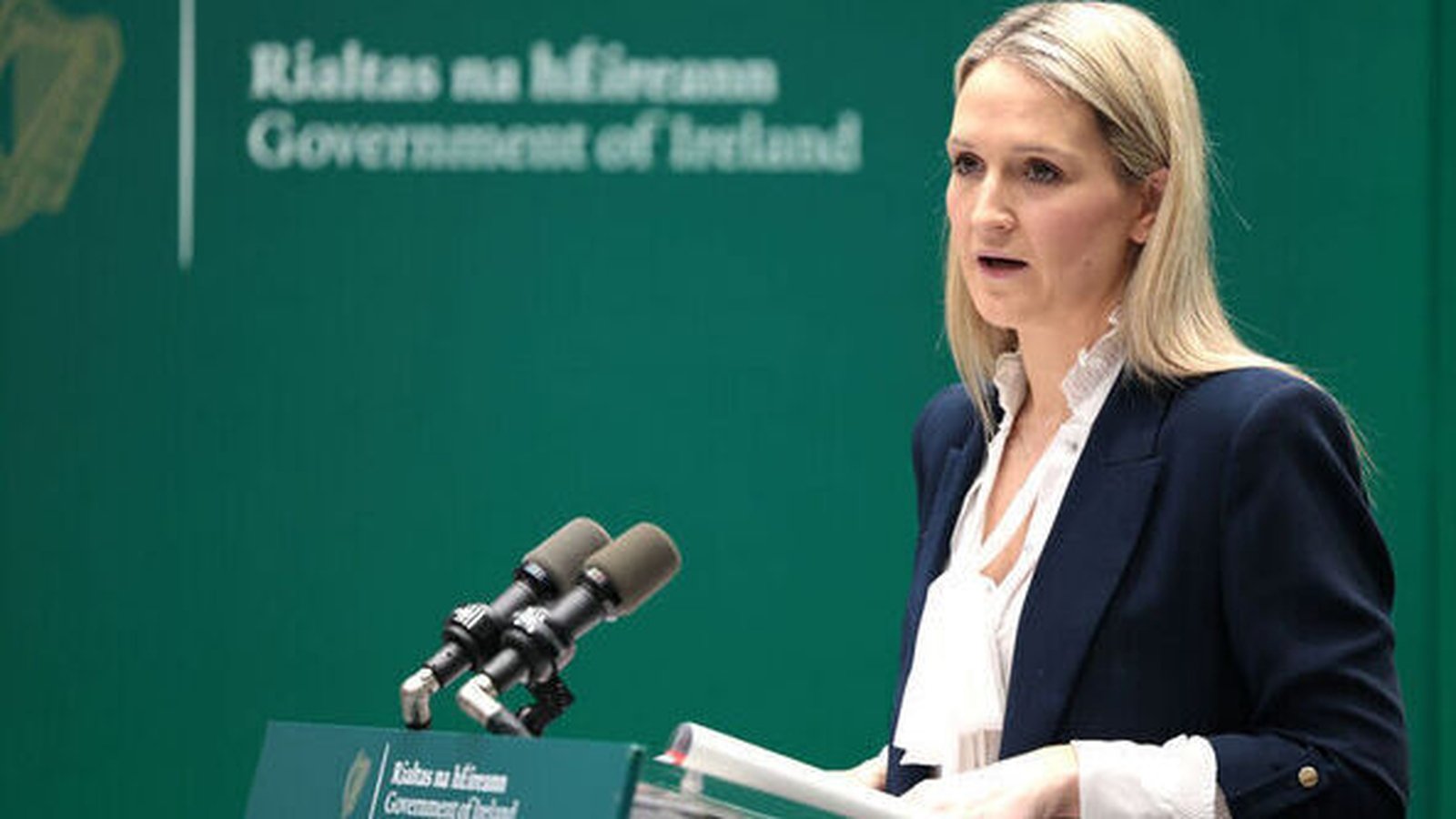UN committee concerned over Irish housing market

A UN committee has expressed concern over “the persistent gap” between demand and supply in Ireland’s housing market and the increasing cost of rents.
A periodic review by the UN’s Economic, Social and Cultural Rights Committee (ICESCR) has found that the gap is disproportionately affecting the most marginalised and disadvantaged.
The ICESCR reviews countries every four years on progress made under an international covenant in areas such as education, health, housing, workers’ rights, employment and protection of cultural life.
Last month, several NGO’s and representative groups travelled to Geneva from Ireland to brief the UN committee. The Government was represented by the Minister of State Joe O’Brien.
The UN committee has raised a number of concerns in its concluding observations.
Housing
ICESCR said it was “not adequate” that a lack of social housing had forced households to move into the private rental sector in terms of affordability, habitability, accessibility and security of tenure.
It also expressed concern over “the persistence of homelessness” in Ireland, particularly among marginalised and disadvantaged individuals and groups.
It highlighted an absence of comprehensive measures to protect tenants living in poverty and to prevent forced evictions, and a lack of culturally appropriate housing for Travellers and Roma.
It has recommended that the State to adopt all necessary measures to tackle the housing deficit by ensuring a sufficient supply of social housing units for the most disadvantaged and marginalised, including middle and low-income individuals and households, young people, migrants and people with disabilities.
It also said corrective measures were required to address inadequate housing, including substandard housing conditions and uninhabitable housing.
The committee has called on the Government to ensure “adequate access” to culturally appropriate accommodation for Traveller and Roma communities.
It suggested increasing local authorities’ culturally appropriate housing stock and to ensure steps are taken to avoid all forms of discrimination in the provision of accommodation.

It said evictions, when unavoidable and taken as measures of last resort, should be carried out in accordance with due process of law.
It suggested preceding them with consultation and consideration of alternatives, including appeal, adequate compensation or the provision of adequate alternative housing.
Health
The committee took note of the Sláintecare Implementation Strategy and Action Plan 2021-2023 towards removing private health care from public hospitals and abolishing the two-tier health system.
Nonetheless, it has expressed concern over “the large disparities between different socioeconomic groups in access to healthcare services”.
It is also concerned that those without a registered residence often face restrictions in accessing basic healthcare services.
While it noted the efforts had been made to reduce the backlog of medical appointments and surgical procedures, aggravated by the Covid-19 pandemic, the committee said it was concerned by the “remaining shortcomings in the health system”, in particular low budgeting, shortages of medical staff and obstacles preventing access to health services for the most marginalised and those living in remote areas.
Education
The committee expressed regret over the lack of statistical data on school enrolment, dropout and irregular attendance rates in primary, secondary and tertiary education and on educational achievement and results, disaggregated by age, sex, ethnic origin, national origin, disability and socioeconomic status.
It said it was “further concerned” about the significant increase of special classes and schools for children with disabilities.

It noted “persistent obstacles” faced by Roma children, Traveller children, and children from disadvantaged backgrounds in accessing and remaining in the State’s education system without discrimination.
Persistence in “significant inequalities” in educational attainment, especially for children belonging to ethnic, religious or other minorities and children from low-income families was noted as was “the narrow approach” towards the provision of sexual and reproductive health education.
Work
Despite an overall increase in the employment rate, the committee said it was concerned that the most marginalised and disadvantaged continue to be “disproportionately affected” by unemployment and underemployment in Ireland.
It also expressed concern over “the persistence of gender role stereotypes and substantive inequality between women and men” which it has said affects disadvantaged women in particular.
The committee said gender pay and pension gaps persist due to “vertical and horizontal gender segregation” in the labour market, as well as “the overrepresentation of women in part-time and low-paid work”.
It recommended that the State take all necessary measures to limit the use of part-time work, precarious self-employment and “zero-hour contracts” by creating “decent employment opportunities” that guarantee job security and adequate protection of workers’ rights.
It said labour and social security rights of people in precarious work, including part-time work, self-employment, and “zero-hour contracts”, must be fully guaranteed in law and practice.
The committee also recommended that all necessary measures are taken, obliging employers to consult with employees with disabilities when considering the provision of reasonable accommodation in the workplace.
Social Security
The committee has said it’s concerned about reports on the inadequacy of social security benefits, including unemployment benefits.
It noted “the reported lack of administrative capacity of social security services to deliver targeted and individualised support to beneficiaries”.
A third concern in this area centered on “certain conditions” that are attached to social security benefits, including the habitual residence condition, which effectively denies access to certain disadvantaged groups.
This, it said, has had a significant discriminatory effect on Traveller and Roma communities, victims of domestic violence, people experiencing homelessness and migrants.
Cultural Rights
While the committee has welcomed the recognition of Travellers as a distinct ethnic group and the inclusion of the Cant/Gammon language in Ireland’s cultural heritage inventory, it has said that it remains concerned about the lack of a comprehensive legal framework that safeguards Travellers’ rights, in particular their cultural and linguistic rights.
Considering the committee recommended four years ago that the State include Travellers as an ethnic minority in anti-discrimination legislation it has reiterated that call in its latest report.
It has recommended that the state take all the necessary measures to ensure the promotion, preservation, expression and dissemination of their cultural identity, language and historical legacy.
Non-Discrimination
Taking note of the comprehensive review process of the Equality Acts, the committee said it remained concerned about the continued absence of comprehensive anti-discrimination legislation in the State party.
It said it was also concerned about the prevalence of socioeconomic, racial and gender inequalities and social stigma and discrimination against disadvantaged and marginalised group.

Parental Leave
While acknowledging the extension of statutory parental leave, the committee has expressed regret over the lack of information on take-up rates.
It said it was concerned about reports on the inadequacy of parental leave benefits, the unequal sharing of leave among parents, unintended discriminatory effects on single-parent families in the enjoyment of parental leave, and the low uptake of parental leave among men. It is further concerned with insufficiency and high costs of childcare services.
Climate change
The committee said it was concerned that current emissions-reduction policies may not be sufficient for the State to observe its obligations under the Paris Agreement.
It has recommended that Ireland take all measures necessary to meet its nationally determined contribution under the Paris Agreement, in particular in the agricultural and land-use, land-use change and forestry sectors, by, inter alia, increasing taxation of emissions, and to further improve the national adaptation plan to cover all relevant groups.
It called on the Government to make every effort to replace fossil fuel in its energy mix, including by increasing renewable energy as an alternative.
Positive outcomes
Positive aspects welcomed by the Committee included legislative, administrative and policy measures adopted by the State party for the protection and progressive realisation of economic, social and cultural rights.
It cited the Gender Pay Gap Information Act 2021, Housing for All, Pathways to Work, the Roadmap for Social Inclusion, the National Development Plan, the National Plan on Business and Human Rights, the Migrant Integration Strategy, Sláintecare as well as the other measures mentioned in the report.





